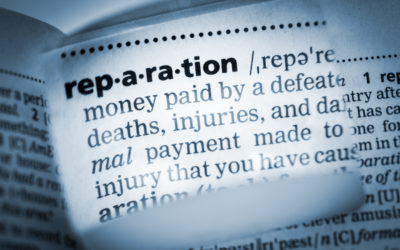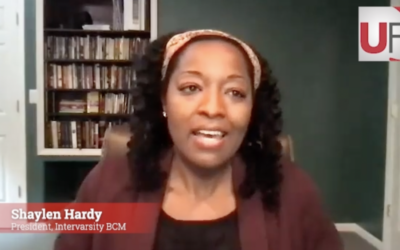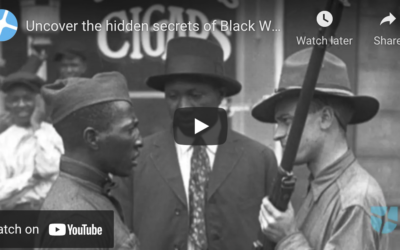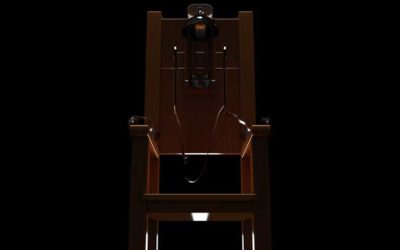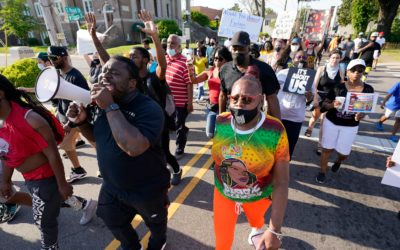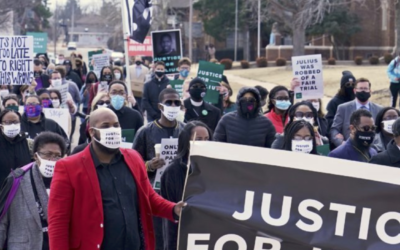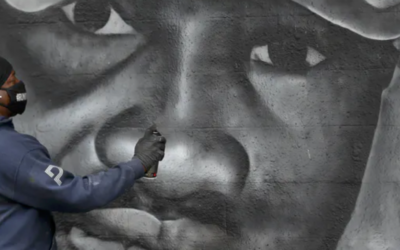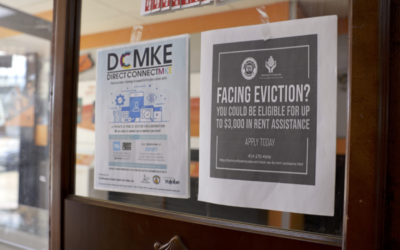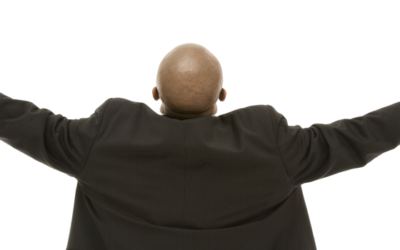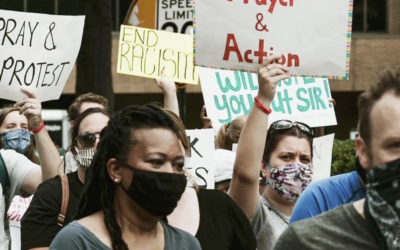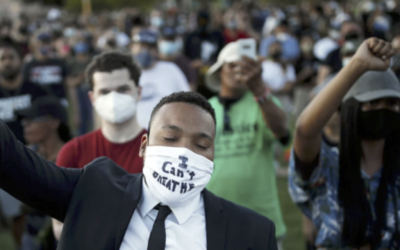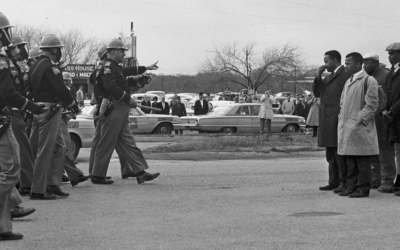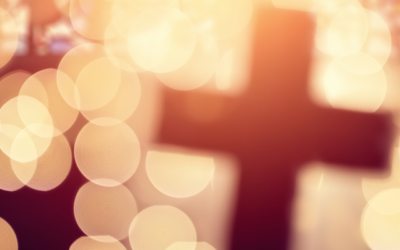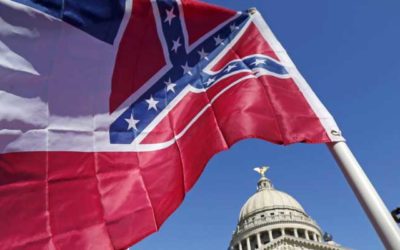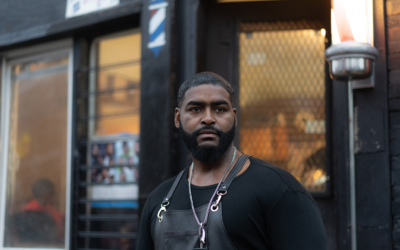Social Justice
Slave-built infrastructure still creates wealth in US, suggesting reparations should cover past harms and current value of slavery
The fact that centuries-old relics of slavery still support the economy of the United States suggests that reparations for slavery would need to go beyond government payments to the ancestors of enslaved people to account for profit-generating, slave-built infrastructure.
Why people with disabilities are at greater risk of going hungry – especially during a pandemic
The COVID-19 pandemic has revealed uncomfortable and distressing truths about American society: namely, the struggle many Americans face just getting by. Yet, while the pervasive food insecurity that has always existed in the U.S. became more visible, how the problem disproportionately affects people with disabilities has received less attention.
Finding Faith and Community on Virtual Campuses: An Interview with Shaylen Hardy
In the midst of the turmoil of a pandemic and national leaders of campus ministries sought to support Black students. I had the opportunity to interview Shaylen Hardy, the President of Intervarsity’s Black Campus Ministries, about her experiences and insight leading one of the largest networks of Black campus ministries through the pandemic.
Remembering the Black Wall Street Massacre
On that Memorial Day weekend, June 1st, 1921, Greenwood, Oklahoma, was brought to an abrupt end. Black wall street was wiped off the map. 300 African Americans murdered, possibly more. Our rural and urban Black communities deserve better. Take our stories and biblical connections and use them to make a difference.
The death penalty’s last gasp?
State executions are not something most Americans want to see “return to normal” after the pandemic. Many of us would like to see the nine-month halt on state executions be “the new normal.” For the first time in my 45-year life, a majority of Americans are done with the death penalty. The states that held on to slavery the longest are the same states that continue to hold on to the death penalty.
Ahead of Andrew Brown Jr’s funeral, North Carolina clergy cry out for justice
Many of North Carolina’s prominent clergy have called for police reform and accountability in the wake of George Floyd’s killing by former Minneapolis police Officer Derek Chauvin.
But the killing of Andrew Brown Jr., a 42-year-old man shot and killed by sheriff’s deputies in eastern North Carolina’s Elizabeth City, a town of 18,000 people on the bend of the Pasquotank River, is personal for Rev. William Barber and others.
Can We Respond to George Floyd’s Case with Hope?
People breathed a sigh of relief for accountability by a law enforcement officer, but many noted that this guilty verdict could not bring restoration of George Floyd’s life. There is still much violence in the land and great need for God’s intervention.
Faith leaders urge clemency for Okla. death row inmate, cite mounting evidence
Julius Jones, 40, was sentenced to death in 2002, but his advocates say a different person committed the crime in which a prominent Edmond, Oklahoma, businessman was killed during a carjacking.
Flip The Script For An Invitation into Artistic Inclusion
So another Black History Month is here, and for artists, writers, musicians, and other creative types that hail from the Black community, it’s an opportunity that comes with a burden.
Racial justice giving is booming: 4 trends
From thousands of people chipping in as little as $5 to George Floyd’s GoFundMe to donations well in excess of $1 million to HBCUs, anti-racist philanthropy is rising.
Evictions Damage Public Health. The CDC Aims to Curb Them ― For Now.
A survey of 17 cities found more than 50,000 pandemic-related eviction filings. Housing advocates worry that increased housing instability will lead to more COVID-19 and other illnesses.
The masks Black preachers wear on the public stage
A professor of homiletics explores the different personas Black preachers wear in the public sphere and how this has often been misunderstood.
Bipartisan network of Christian groups launches police reform initiative
The Prayer & Action Justice Initiative — bringing together Black, Hispanic and Asian organizations along with groups focused on prisoners, prayer and public justice — will advocate for greater equality, accountability and transparency in the criminal justice system.
Can churches’ focus on race move from reconciliation to justice?
For decades, “racial reconciliation” has been the language many white evangelical Christians used when they talked about cultivating improved race relations. The term “racial justice” was avoided.
The Preaching Politician
‘Good Trouble’ documentary follows John Lewis from fields of Alabama to halls of Congress.
Frederick Douglass, July 4th, and remembering Babylon in America
Frederick Douglass used the words of Psalm 137 in his famous speech, ‘What to a Slave is the Fourth of July?’ For centuries, this poem has resonated with writers and composers on how humans deal with trauma.
‘It’s a moral issue:’ Mississippi Baptist Convention calls for new state flag
Leaders asked for “Mississippi Baptists to make this a matter of prayer and to seek the Lord’s guidance in standing for love instead of oppression, unity instead of division, and the gospel of Christ instead of the power of this world.”
The Final Cut
Baltimore barber Antoine Dow helps bring dignity to young black men whose lives were cut short by gun violence.

